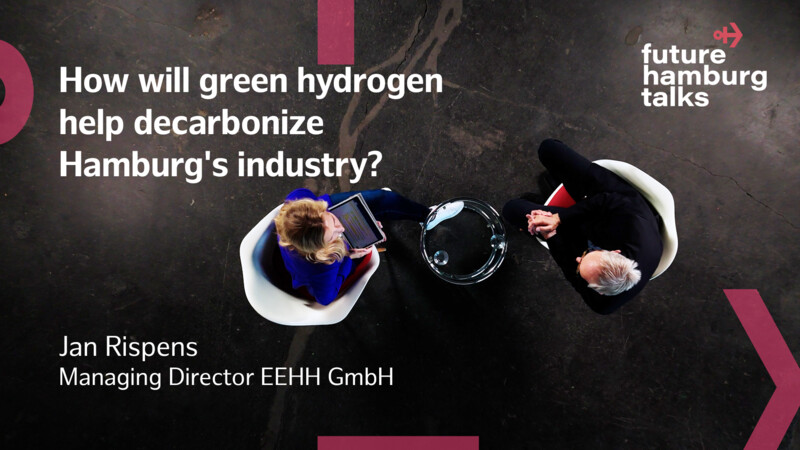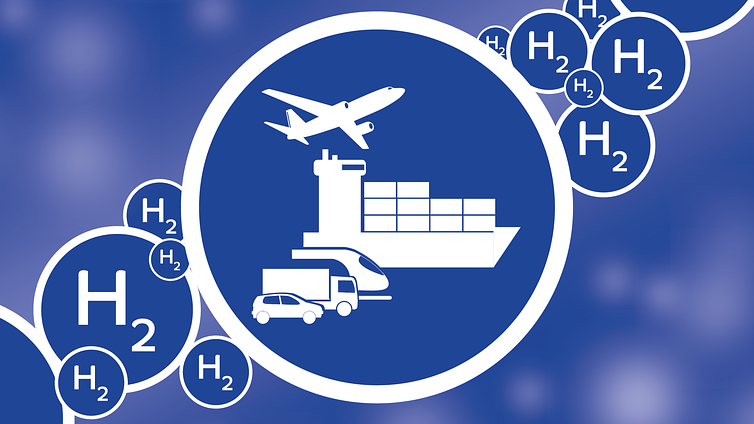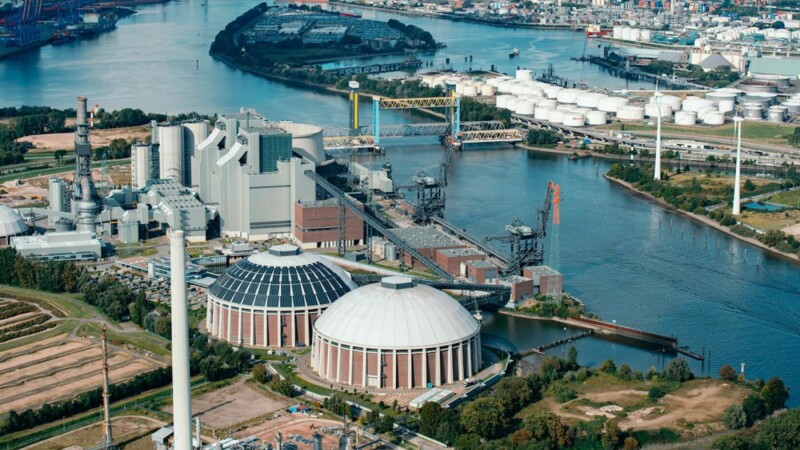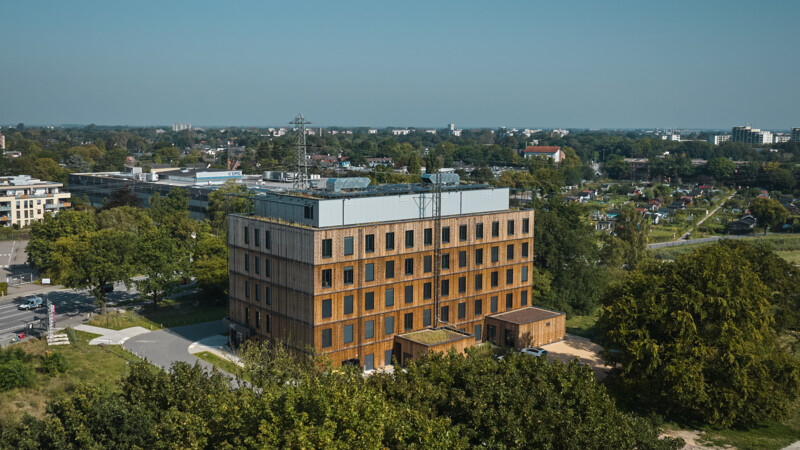"The Port of Hamburg will become an important transhipment centre for energy sources and will thus steer the supply for all of Germany," Melanie Leonhard, Senator of Economics, told Deutsche Presse-Agentur dpa. Hamburg has all the prerequisites to become a German and European hydrogen hub and to play a key role in the energy transition, the study found. "The Port of Hamburg's seaward infrastructure can accommodate the import volumes of green hydrogen, and its derivatives forecast for 2045, covering 47 per cent of Germany's total seaward import demand," Patrick Zimmermann, author of the study, told the Renewable Energy Hamburg Cluster (EEHH). The port also has the space needed for the production and seaborne import of hydrogen and its derivatives such as ammonia, methanol and e-fuels. There are also sufficient ports and berths for tankers.
Hamburg has the potential to become Germany's hydrogen hub by 2045. The production and seaborne import of hydrogen and its derivates through Hamburg can meet up to 18 per cent of the total German demand in 2045. The country is also aiming to achieve greenhouse gas neutrality in that year, according to a study by the Fraunhofer Centre for Maritime Logistics and Services (CML). The study, which focused on Hamburg's role in the nationwide supply of green hydrogen and its derivatives, was commissioned by the Ministry of Economics and funded by the Hamburg Climate Plan.
Suitable waterside infrastructure and sufficient space
Rising production and seaborne hydrogen imports
Production and seaborne imports of hydrogen-based energy sources will increase significantly, the study found. However, that requires the construction of new liquid bulk terminals to import hydrogen and ammonia. New seaborne import facilities are recommended especially the Sustainable Energy Hub (SEH) zone. The electrolyzer in Moorburg is among key production projects planned in Hamburg. The decommissioned coal-fired power plant will be converted into the "Hamburg Green Hydrogen Hub" (HGHH). Construction of the electrolyser is due to begin in 2025.
Hamburg's key role in green energy imports
The study recommends maintaining or upgrading existing transport infrastructure i.e., railways and waterways for the onward transport of hydrogen and for hinterland connections. The use of barges to transport hydrogen would also offer more means of transport and improved safety. Large quantities of hydrogen would also be transported and distributed in gaseous form in pipelines to the hinterland. The successful implementation of the Hamburg Hydrogen Industrial Network (HH-WIN) by Gasnetz Hamburg and its connection to the European pipeline network, the "Hydrogen Backbone Europe", is thus hugely important. HH-WIN will connect the Port of Hamburg to this network. Hamburg will play a key role in green energy imports for Germany in future, as significant quantities will have to be imported from the sea and the infrastructure is in place. “The potential is there, but the entrepreneurial implementation is another matter,” Zimmermann concluded.
mm/pb
Sources and further information
More
Similar articles

Future Hamburg Talks meets Jan Rispens, Managing Director of EEHH

Hamburg to increase supply of hydrogen from Scandinavia

HH-WIN now part of nationwide hydrogen network

Hamburg's electrolyser for hydrogen production taking shape
